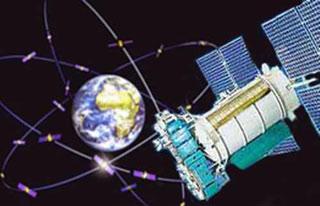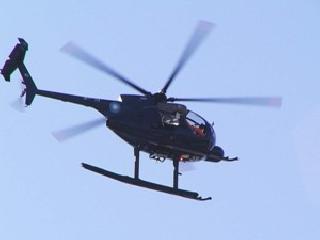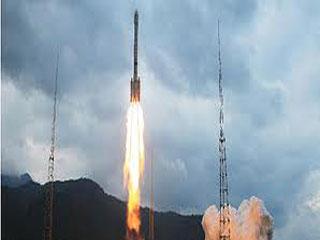
A file photo.
MOSCOW (ITAR-TASS): Another five satellites of the GLONASS system are to be launched this year, an official of the Federal Space Agency (Roscosmos) has said.
"Four spacecraft GLONASS-M are to be launched in the second half of the year and one GLONASS-K is to be lofted at the end of the year with due regard for the fact that some spacecraft in orbit have outlived their usefulness," the Roscosmos Director Anatoly Perminov told the Voice of Russia radio in a live broadcast.
"The existing orbital cluster of satellites ensures the accessibility of navigational signal for the entire territory of our country and 98 percent all over the globe," Perminov said. “This is why this year we are planning to enlarge the operating cluster up to 24 satellites, the more so as little remains to attain this end," he pointed out.
Perminov specified, "As of now, there are 27 spacecraft in orbit: 22 of them operate as designated; four are under research scrutiny by chief designer." "Yet another new-generation GLONASS-K spacecraft was launched several days ago. It is undergoing flying testing," Perminov said.
At least 18 satellites are essential to provide continuous navigational signal for the entire territory of Russia and 24 are need to do that globally.
GLONASS-K is a new spacecraft of the GLONASS system representing third-generation navigational satellites. It advantageously differs from the previous generation of satellites by a longer functioning period of up to ten years (instead of that of five to seven years of GLONASS-M), by a lesser weight (935 kg instead of 1,415 kg), and higher reliability of navigational identifications resultant of introduction of a third frequency in the L-waveband.
The new GLONASS spacecraft also carries instrumentation of the KOSPAS-SARSAT international search-and-rescue system.
 Previous Article
Previous Article Next Article
Next Article












The Indian Air Force, in its flight trials evaluation report submitted before the Defence Ministry l..
view articleAn insight into the Medium Multi-Role Combat Aircraft competition...
view articleSky enthusiasts can now spot the International Space Station (ISS) commanded by Indian-American astr..
view article